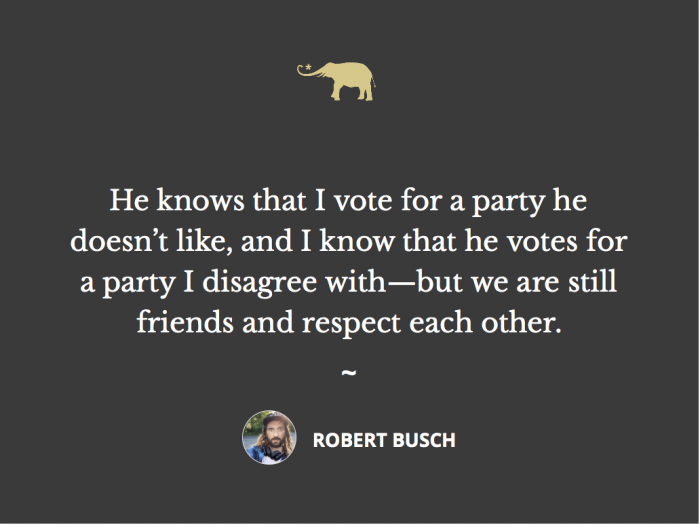Not sure how you’re feeling about this weekend’s #GermanElection2021 (sorry, we had to!)? Visit our series of policy recommendations with various German partners to get up to speed on the #globaldev issues the next gov will likely contend with. https://t.co/W1UDjzHRCT #BTW21 pic.twitter.com/e6uWVpVSSt
— Center for Global Development (@CGDev) September 24, 2021
After 16 years of Angela Merkel, Germany gets to vote for a new government on September 26th.
And it’s safe to say that it might take some time until Germany gets a new government. Why is that?
The political system in Germany is a bit more complicated than the two-party system in the United States. As of now, there are seven parties representing voters at the German Bundestag—and it seems that all seven parties will make it to the next German Bundestag.
To get the majority in our parliament, parties need to form coalitions with other parties. Angela Merkel was the chancellor for 16 years but changed partners in between. And that’s where things get complicated.
This election is not only about the three top candidates; it is about which parties will join forces after the election—and almost every option is possible this time.
Here are the four most likely outcomes of the German election:
1. Traffic light coalition (Social Democrats, Greens, and Liberals).
2. Jamaica coalition (Conservatives, Liberals, and Greens).
3. Leftist coalition (Social Democrats, Greens, and the Leftist Party).
4. Big coalition (Conservatives, Social Democrats, and either Greens or Liberals).
As you probably noticed, the small parties actually make the difference.
While Social Democrats and Conservatives expect something between 20-25 percent of the votes, the Greens and Liberals hope for 12-18 percent, and the Leftist party will probably end up between 5-10 percent.
And yes, there is the far-right party called “Alternative for Germany” that can expect 10-15 percent, but all other parties are not willing to even talk to them.
There are more than 40 parties, but a party needs to get at least 5 percent to get seats in the next parliament.
With all that in mind, you can already imagine that negotiations might take some time. Many experts expect it could take until early 2022 before the new government is set up—until then, Merkel will continue to be the chancellor.
Fun side fact: if there is no new chancellor before December 17th, Merkel would overtake Helmut Kohl and set a new record for the longest time as a chancellor—and, as explained, her chances are quite good on that.
After months of watching the campaigns, I voted this morning. I am not going to tell who I voted for, but I want to share something with you that I enjoy about German politics.
I met my neighbor after voting, and we had a nice small talk. He knows that I vote for a party he doesn’t like, and I know that he votes for a party I disagree with—but we are still friends and respect each other.
The same goes for the candidates. Of course, there had been intense debates about the future of Germany, but everyone will respect the outcome of the vote.
And isn’t that the most important part of a democracy?












Read 2 comments and reply